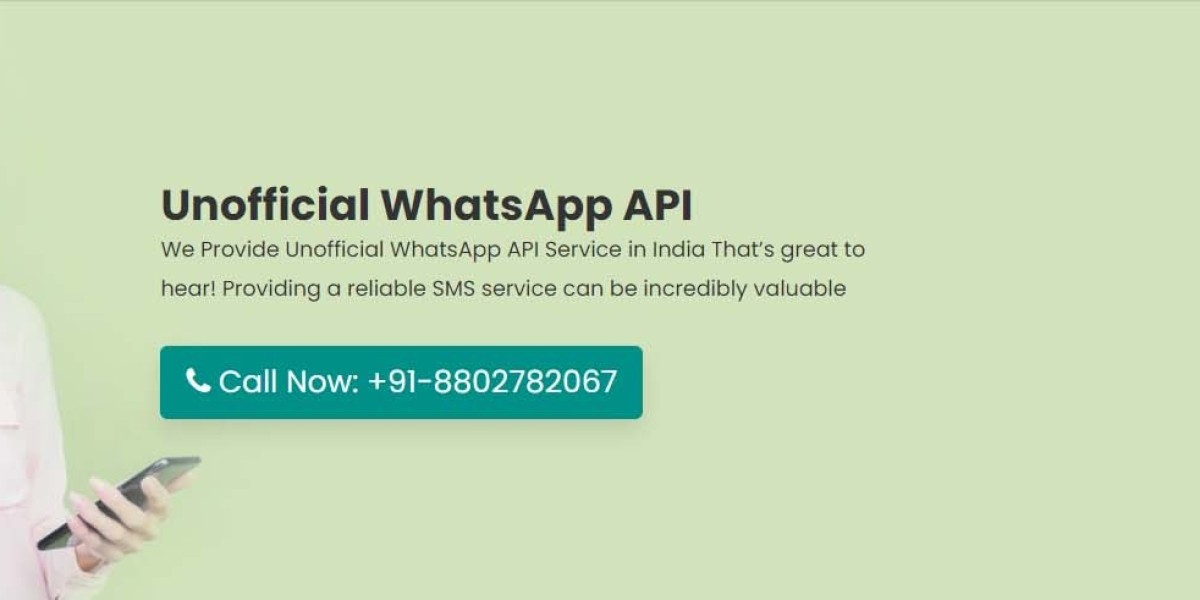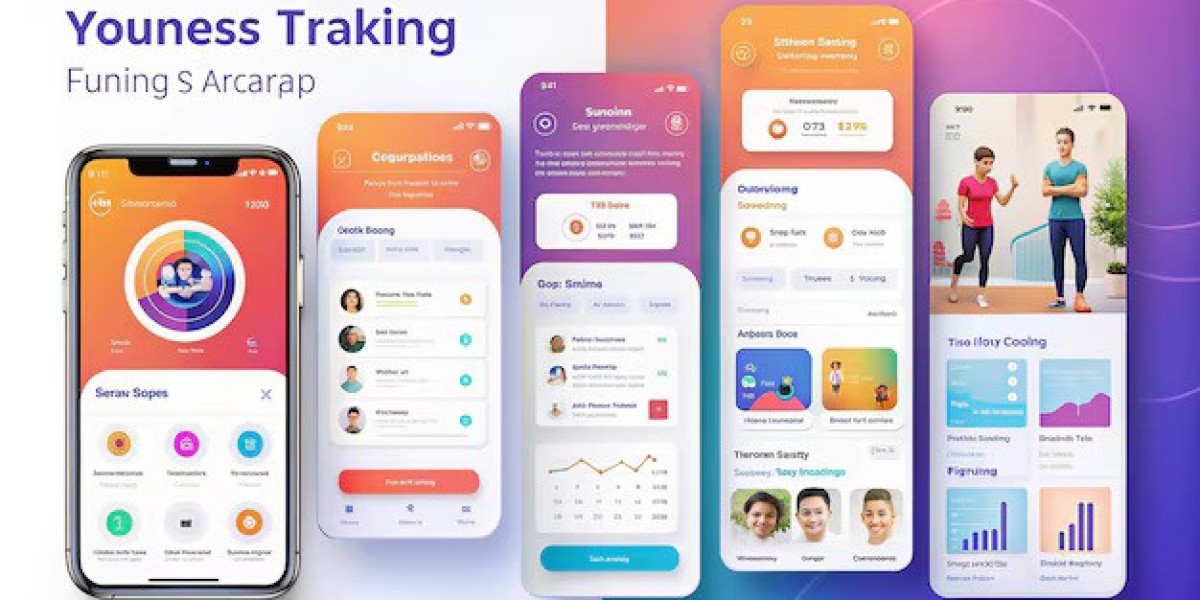Understanding the Unofficial WhatsApp API
The unofficial WhatsApp API refers to a set of tools, libraries, and techniques developed by independent developers to interact with WhatsApp in ways not officially supported by the platform. Unlike the official API, which is primarily geared towards business use cases, the unofficial API opens up a world of opportunities for developers looking to innovate and customize their interactions with WhatsApp.
Capabilities and Use Cases:
Automated Messaging: One of the key features of the unofficial WhatsApp API is the ability to send automated messages. This is particularly useful for businesses looking to streamline communication and engagement processes. Whether it's sending out automated reminders, updates, or personalized messages, the unofficial API allows developers to automate interactions seamlessly.
Integration with Other Platforms: By leveraging the unofficial API, developers can integrate WhatsApp with other platforms and services, creating a more cohesive and interconnected user experience. This can include integrating WhatsApp with CRM systems, e-commerce platforms, or even IoT devices, expanding the scope of WhatsApp beyond its traditional boundaries.
Customized Chatbots: Chatbots have become an integral part of modern communication, and the unofficial WhatsApp API enables developers to create highly customized and intelligent chatbots. These bots can handle customer queries, provide real-time information, and even facilitate transactions – all within the WhatsApp interface.
Data Analysis and Insights: For businesses looking to gain insights into user behavior and engagement, the unofficial API can be a valuable tool. Developers can tap into data streams to analyze trends, monitor user activity, and derive actionable insights to enhance their strategies.
Challenges and Considerations:
While the unofficial WhatsApp API presents exciting possibilities, it's essential to be aware of the challenges and ethical considerations associated with its use. WhatsApp's policies explicitly prohibit the use of unofficial APIs, and developers should tread carefully to avoid violating terms of service.
Additionally, the unofficial API is often subject to changes and updates by WhatsApp, which may result in compatibility issues. Developers using the unofficial API should be prepared to adapt their applications accordingly.
Conclusion:
The unofficial WhatsApp API opens up a realm of possibilities for developers, allowing them to push the boundaries of what is traditionally achievable within the WhatsApp ecosystem. However, it's crucial for developers to approach this space responsibly, respecting the platform's policies and user privacy.



